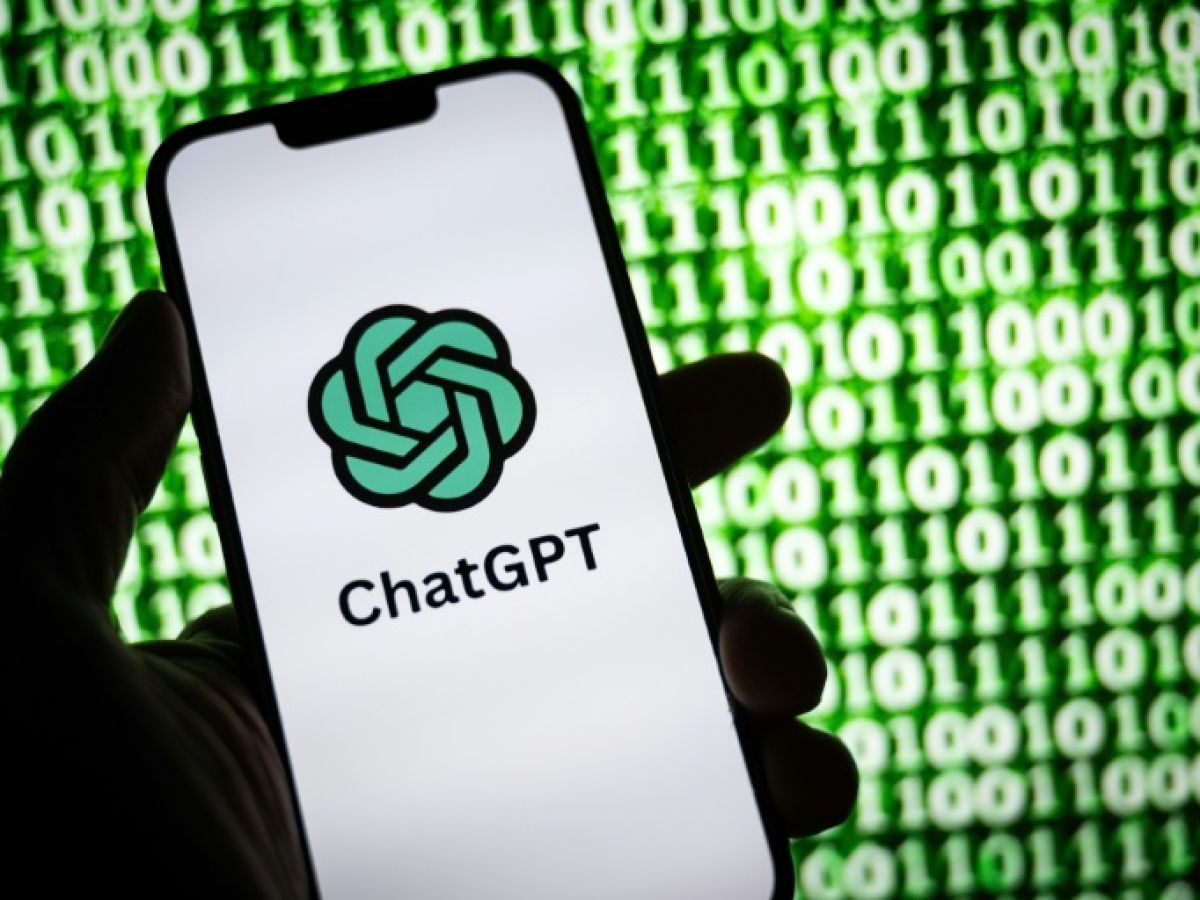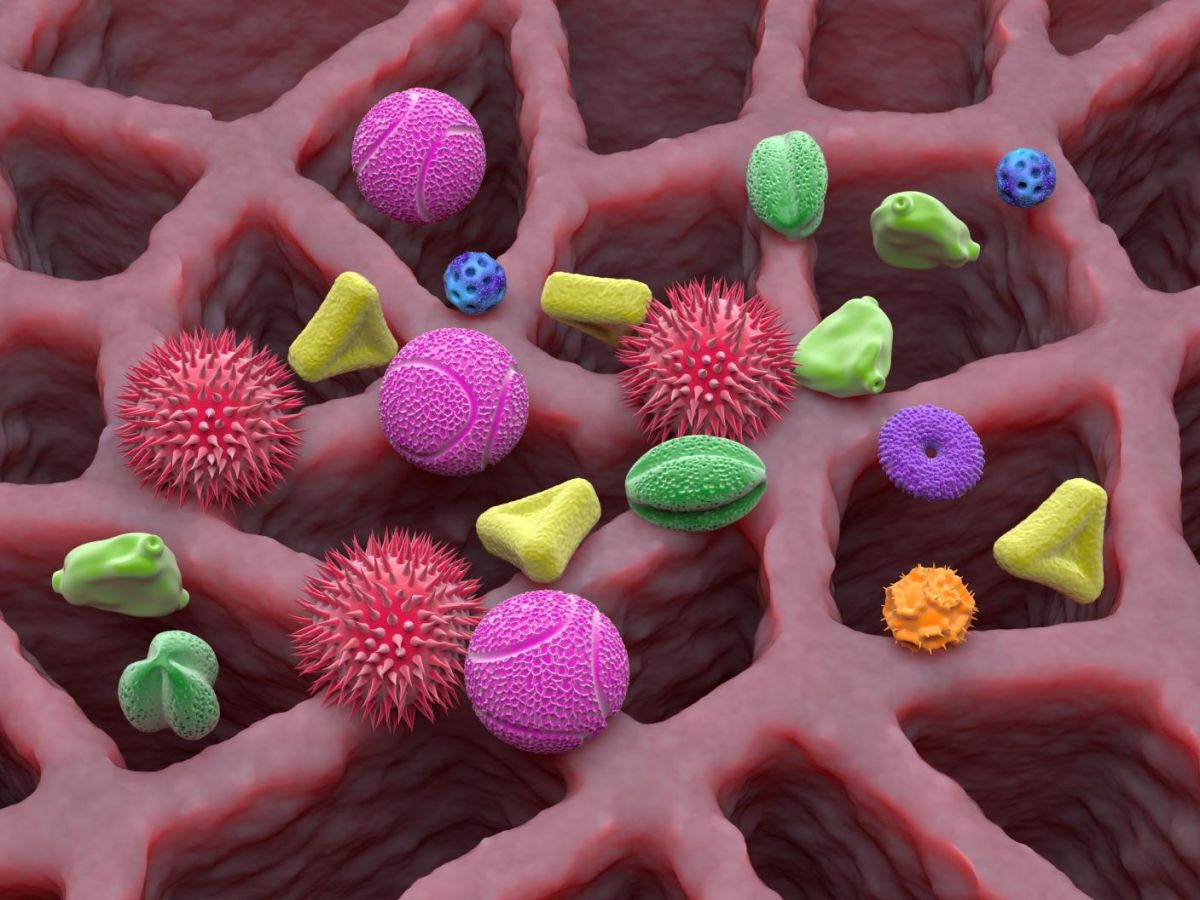Whether it's a "psycho," a "coach," or a "confidant," artificial intelligence is playing a growing role in the private lives of some French people, but this is not necessarily without risk, warn mental health professionals.
Talking to ChatGPT, "as you might call your girlfriend," to tell her about her day has become a habit for Zineb Gabriel, a 35-year-old from Bordeaux.
For the past year, this multi-entrepreneur, mother of four, has been talking "every day" with artificial intelligence: first for professional reasons, then for personal matters.
The trend toward confiding in a chatbot is gaining ground in France. A quarter of French people (26%) say they will use artificial intelligence in their private lives by 2024, a ten-point increase in one year, according to the Digital Barometer published in March 2025 by the Research Center for the Study and Observation of Living Conditions (Crédoc).
As the discussions progressed, Zineb Gabriel saw the AI adopt a "more human" tone and resume its way of speaking, leading to fluid discussions.
And what she reveals to ChatGPT, the Bordeaux resident "doesn't talk to anyone." With her loved ones, she doesn't dwell on issues she now considers "too personal" and "already resolved," such as her desire to leave France and the resulting worries.
"It becomes a bit like a drug. For me, he's better than a shrink," she says.
– “Permanent gratification” –
This feeling is reinforced by the logic of the tool, which is based on "permanent gratification to keep the conversation going," not without risks, according to psychiatrist Serge Tisseron.
Generative artificial intelligence has "strong emotional potential," adds psychiatry professor Raphaël Gaillard. The head of the university hospital psychiatry unit at Saint-Anne Hospital in Paris, notes that ChatGPT is capable of "hyper-adaptation, giving the impression of being understood. It creates a very strong bond."

Currently, little scientific literature exists on the subject.
Serge Tisseron, like Raphaël Gaillard, points to a risk of isolation among frequent users, particularly the youngest.
Antoine, a 19-year-old student who wishes to remain anonymous, appreciates "this pleasant, inhuman side, where the conversation can be about me, endless."
A regular at ChatGPT for his marketing and communications studies in Toulouse, he turned to AI as a "confidant" in January, after a breakup. He uses it "once or twice a month" when personal problems become "too much." "I'm here to get solutions, to get things off my chest, to feel listened to," he says, appreciating that the tool is free.
Vanessa Lalo, a psychologist specializing in digital practices, observes in her practice the "emotional support" that AI can provide. She urges professionals not to "judge" this use.
– What about the data? –
"For young people who are bullied, in particular, who are not going to talk about it to their friends and even less to adults," the psychologist observes that this sometimes helps them "to put words" to their experiences.

Knowing the lack of resources and personnel to treat mental health in France, Vanessa Lalo sees AI as a "one-off" aid, while waiting "for a psychiatric appointment or when we have no choice."
With one concern: respect for data confidentiality by AIs that are not subject to medical confidentiality.
The French National Commission for Information Technology and Civil Liberties (CNIL), contacted by AFP, highlighted the "risk of loss of control" over data processing if the user is not aware that their information is "reused to personalize the conversation or to improve OpenAI's models."
The organization specifies that it is "currently processing complaints received against ChatGPT," without providing further details.
Lola, a 25-year-old content creator in Paris, tested it with a friend. "She thought, 'If my boyfriend picked up the phone and asked ChatGPT if I was talking about him, what would his response be?'" she says, also on condition of anonymity.
The two friends were "very surprised" to see the AI give them "very detailed" feedback, based on old conversations.
As a precaution, Lola therefore prefers to “change the first names” when she tells him her stories.


